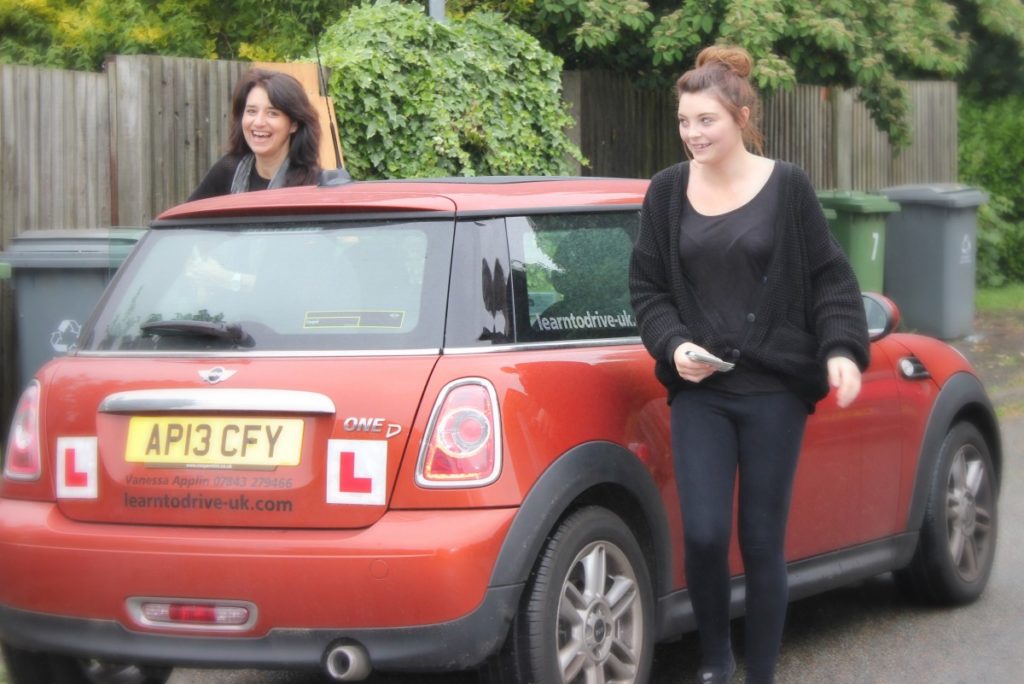In recent years, sustainability and reducing our environmental impact have become increasingly important considerations when making major purchases. One area where we can make a significant positive difference is opting to buy used rather than new vehicles. Buying second-hand is a simple yet impactful choice that benefits the environment in multiple ways.
The Environmental Impact of Manufacturing New Vehicles
A new vehicle’s manufacturing process and materials carry a heavy environmental footprint. Producing a new car, van, truck or SUV requires substantial energy and raw materials. Manufacturers must mine and process metals like steel, iron, and aluminium, as well as plastics, rubber, glass, and more. The mining and materials processing phases generate substantial greenhouse gas emissions.
Additionally, operating auto plants uses enormous amounts of electricity and water. A typical petrol or diesel-powered vehicle also requires over 2,000 litres of water just to produce. When you consider that around 70 million new cars were manufactured worldwide in 2018 alone, it’s clear that building new vehicles takes an immense toll on the planet.
By choosing a used vehicle instead, you avoid most of this manufacturing impact. Opting for a quality second-hand van, car or other vehicle allows you to skip the most environmentally damaging phases of that particular automobile’s lifecycle.
The Benefits of Extending a Vehicle’s Life
When you purchase a used vehicle, you instantly extend the functional life of that car or van rather than sending it to a scrapyard. Modern vehicles are durable and designed to last for many years, often over 200,000 miles with proper maintenance.
Keeping a used car on the road avoids the need to manufacture a new replacement model. This preserves all the energy and raw materials invested into the initial production. It also avoids generating the thousands of kilograms of greenhouse gas emissions involved in building a brand-new vehicle.
In the UK, the average car lifespan is about 13 years. Buying used extends this lifespan, delaying the environmental impact of manufacturing that car’s eventual replacement.
Reducing Waste in the Automotive Industry
The UK recycles or recovers over 80% of the material from cars and vans when they are finally scrapped. However, this recycling process requires substantial energy and still carries an environmental burden. It also can’t recover 100% of the raw materials embedded in a vehicle.
By maximising a car or van’s usable lifespan through purchasing second-hand, we reduce the waste and resource use of prematurely scrapping functional vehicles. Keeping used cars in circulation is an effective way to diminish the automotive industry’s material waste.
Availability of High-Quality Used Vehicles
Luckily for UK buyers, there are ample supplies of used cars and vans for sale in London and other areas that still have plenty of life left. Many used cars and vans come from fleet and business operators, meaning they have been professionally maintained but are retired after just a few years.
Buying a used car or van instead of a brand-new model provides significant environmental benefits. It conserves the energy and raw materials that manufacturing a new vehicle would expend. It also reduces waste by maximising an automobile’s usable lifespan rather than prematurely scrapping it. With huge selections of second-hand vehicles available, UK buyers can readily choose used and make a sustainable choice for the environment.



